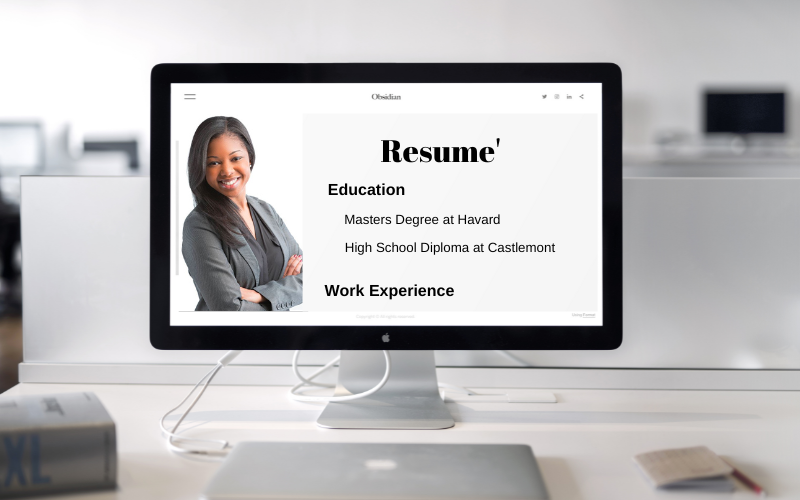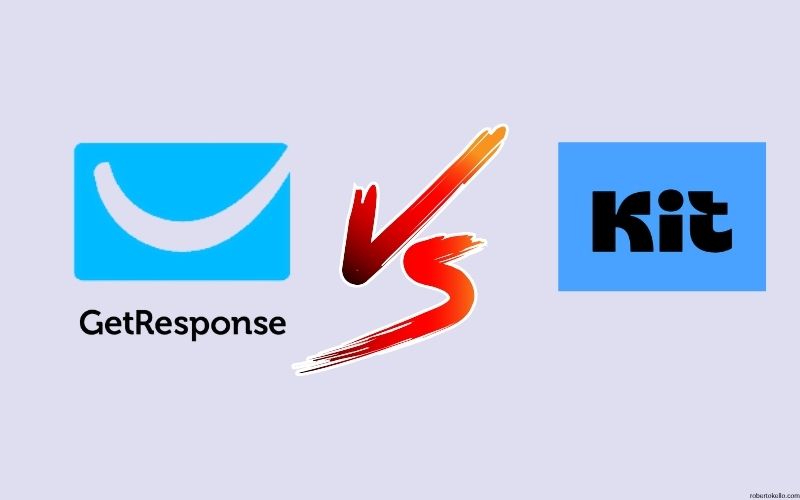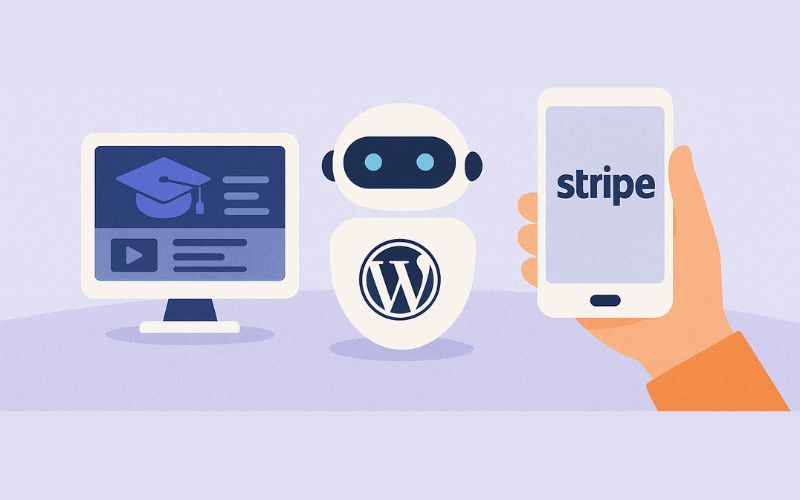In today’s competitive job market, it’s crucial to set yourself apart from the crowd. Traditional resumes and cover letters may no longer be enough to showcase your skills and expertise. Enter the realm of personal websites for job applications—a powerful tool to elevate your professional image.
This article will delve into the reasons why you need a personal website to stand out and land your dream job. Let’s explore the steps to create a compelling online portfolio that showcases your achievements and expertise.
Table of Contents
ToggleThe Impact of a Personal Website on Job Applications
Having a personal website can significantly influence the outcome of your job applications. Here are some reasons why it’s a game-changer:
Increased Credibility and Professionalism
A well-designed personal website instantly elevates your professional image. It showcases your commitment to personal branding and attention to detail, which are attractive qualities to potential employers.
Showcasing Your Personality
Resumes often fail to capture the essence of who you are as a person. Your website allows you to showcase your personality, passions, and values, making you more memorable to recruiters.
Enhanced Visibility and Discoverability
With the right SEO strategies, your personal website can appear higher in search engine results. This increased visibility can lead to more opportunities and connections.
Greater Control over Your Narrative
A personal website puts you in charge of how you present your achievements and experiences. You can tailor your narrative to align with the specific job you’re applying for.
Opportunity to Display Multimedia Content
Unlike traditional resumes, personal websites enable you to include multimedia elements like videos, infographics, and presentations, providing a more dynamic representation of your skills.
Building a Professional Network
Your website can serve as a hub for your professional network. By showcasing your expertise and sharing valuable content, you can attract like-minded individuals and potential collaborators.
Building Your Personal Website: Key Steps

1. Define Your Goals and Target Audience
Your personal website should have a clear purpose. Are you looking to secure a specific job, expand your network, or showcase your portfolio? Identifying your goals will help tailor your website’s content and design to resonate with your target audience. Consider using LSI keywords like “job applications,” “dream job,” and “personal portfolio” to optimize your website for search engines.
2. Choose an Engaging Domain Name
Selecting an appropriate domain name is crucial as it represents your online identity. Aim for a domain name that reflects your name or professional brand. Keep it concise, memorable, and easy to spell. Including your full name in the domain can also enhance your visibility in online searches.
3. Craft a Captivating About Me Page
Your “About Me” page is your opportunity to leave a lasting impression on potential employers. Write a compelling narrative that highlights your journey, accomplishments, and passions. Use a friendly and approachable tone while showcasing your unique personality and expertise.
4. Showcase Your Work and Projects
Create a portfolio section to display your best work and projects. Use a mix of visuals and detailed descriptions to showcase your skills and expertise. Including links to external sources, such as articles you’ve written or projects you’ve collaborated on, can enhance credibility.
5. Develop an Achievements and Awards Section
Celebrate your accomplishments by dedicating a section to list your awards, certifications, and recognition. This builds credibility and demonstrates your dedication to excellence.
6. Optimize Your Website for Mobile Devices
In today’s mobile-driven world, ensuring your website is mobile-friendly is a must. Most recruiters and employers browse on their phones, so an optimized site will make a great impression.
7. Create a Blog to Showcase Expertise
A blog is an excellent platform to share your knowledge and insights in your field. Regularly publish well-researched articles on topics relevant to your industry to establish yourself as an authority. Employ LSI keywords like “career advice” and “industry trends” to attract a wider audience.
8. Incorporate Testimonials and Recommendations
Highlighting positive feedback from colleagues, supervisors, or clients can boost your credibility. Showcase testimonials or recommendations to build trust with potential employers.
9. Implement SEO Best Practices
Ensure your website is search engine optimized by including relevant keywords, meta tags, and alt text for images. This will improve your website’s visibility and increase the chances of being discovered by recruiters.
10. Leverage Social Media Integration
Integrate your social media profiles into your website to encourage engagement and demonstrate your active online presence. This integration will also make it easy for visitors to connect with you.
FAQs About Personal Websites for Job Applications
How much does it cost to create a personal website?
Building a personal website can range from free platforms with limited features to custom-designed sites with costs varying based on hosting, domain registration, and professional design services. Consider your budget and needs when choosing the best option.
Can I create a personal website without coding knowledge?
Absolutely! Many website builders and content management systems offer user-friendly interfaces that require no coding experience. You can create a stunning website using templates and drag-and-drop features.
Should I include personal information on my website?
While sharing some personal details can add a human touch, prioritize professional information. Avoid sharing sensitive data like your home address or personal phone number.
How often should I update my website?
Aim to update your website regularly, especially the blog section. Consistent updates show your dedication and passion for your field, and it keeps your website content fresh and relevant.
Is it necessary to purchase a custom domain name?
While it’s not mandatory, a custom domain name gives your website a professional touch and makes it easier for people to find you online.
Can a personal website replace a traditional resume?
A personal website complements your resume, but it shouldn’t replace it entirely. Think of your website as a dynamic portfolio that expands on the information provided in your resume.
Conclusion
In today’s competitive job market, standing out is the key to success. A personal website for job applications can be a powerful tool to showcase your expertise, accomplishments, and personality. By following the steps outlined in this article, you can create a compelling online presence that sets you apart from other candidates. Embrace the opportunities offered by the digital world and land your dream job with a standout personal website.
If you want a personal website built for you, email me at [email protected]










